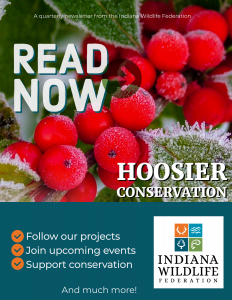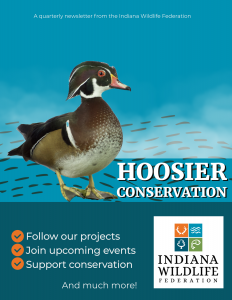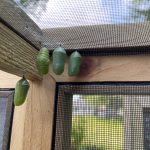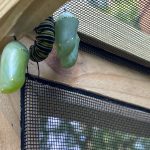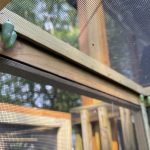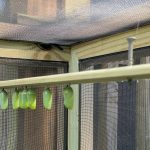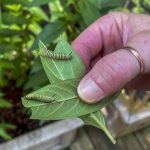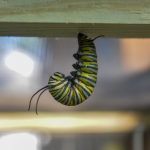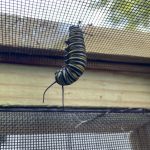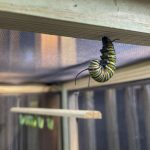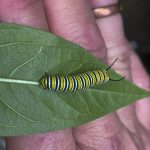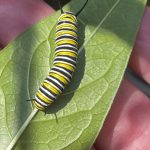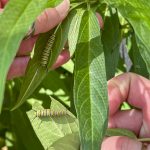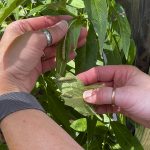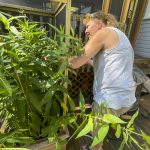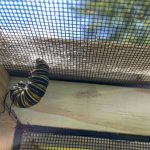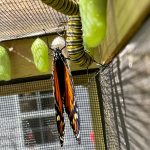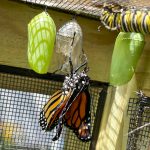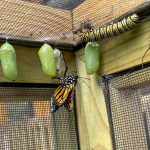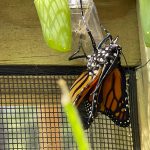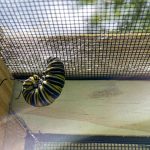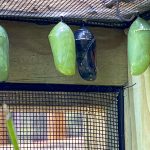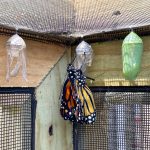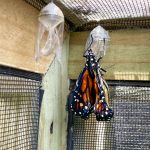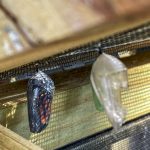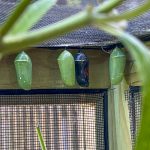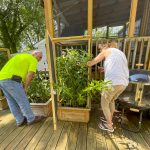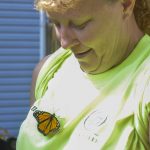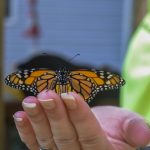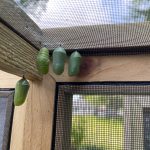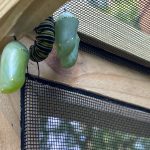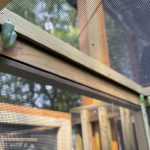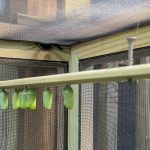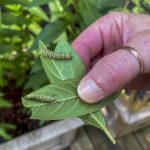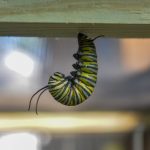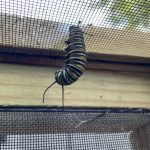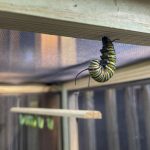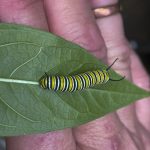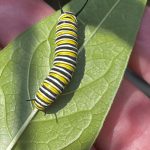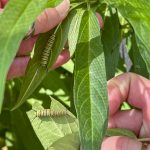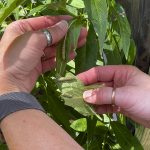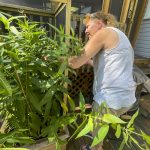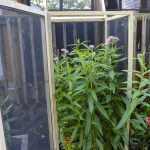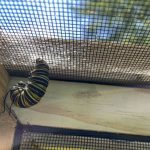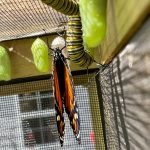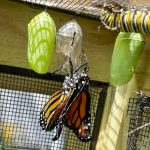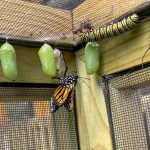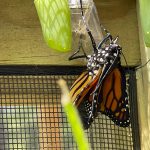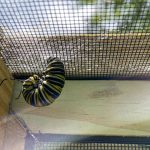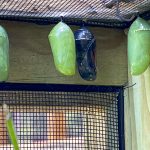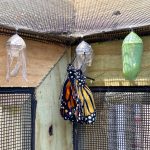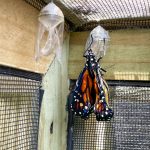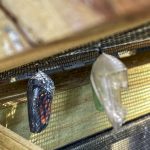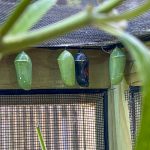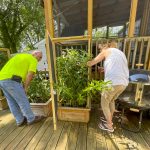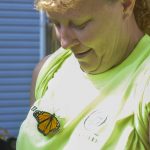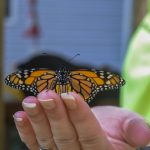
Contact: Anna Marie Zorn, ZornA@nwf.org, 734-887-7136 or Dan Boritt, Boritt@indianawildlife.org, 317-759-0661
May 23, 2025
CHICAGO — With Illinois securing this land parcel, the Brandon Road Lock and Dam project can move forward, marking a major milestone in protecting the Great Lakes, its wildlife, and people from the destructive effects of invasive carp.
“This linchpin moment solidifies what we’ve been working toward for over a decade,” said Marc Smith, Great Lakes policy director for the National Wildlife Federation. “With this property secured, construction can now advance towards building a gauntlet of technologies at the Brandon Road Lock and Dam that will help prevent invasive carp from causing undue harm to our fisheries, economy, and quality of life here in the Great Lakes. Thank you, Illinois Governor Pritzker, Michigan Governor Whitmer, and the U.S. Army Corps of Engineers, for advancing this critical project.”
“We are thrilled that this monumental project has cleared this hurdle,” said Dan Boritt, Executive Director for the Indiana Wildlife Federation (IWF). “Thanks to the leadership of our neighbors to the North and West, our Great Lakes will be protected for generations to come. Today is the culmination of decades of work by NWF, IWF, and all of our partners to protect one of America’s greatest treasures. We hope this will be a model for future state/Federal partnerships to protect our natural heritage.”
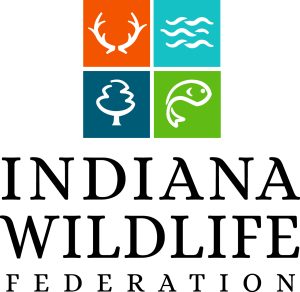
“The Great Lakes fishery represents a $2.3 billion dollar economic driver for Michigan, creating tens of thousands of jobs. The completion of the Brandon Road Lock and Dam is vital in protecting the fishery, a substantial economic driver for the state, and the health of the Great Lakes as a whole.” said Amy Trotter, Chief Executive Officer for the Michigan United Conservation Clubs. “Michigan has done its part, the federal government is all-in, and now Illinois is finally committing and ensuring this vital project can move forward for the betterment of the Great Lakes.”
“The Great Lakes ecosystem deserves our attention and investment as it faces evolving threats presented by invasive species. The impact of invasive carp, like the silver carp that leaps from the water when agitated, would be realized by all those who spend time near shorelines and on the water of the Great Lakes system if allowed to enter and establish breeding populations.” said Brad Gausman, Executive Director for the Minnesota Conservation Federation. “Thank you to those involved in helping to secure the health of these freshwater treasures through working to stop the introduction of invasive carp.”
“The Wisconsin Wildlife Federation strongly supports the continued state and federal commitments to the Brandon Road Lock and Dam project. Committing to and completing this project is essential to protect the Great Lakes from the devastating impact of invasive carp,” said Cody Kamrowski, Executive Director of the Wisconsin Wildlife Federation. “These species pose an existential threat to the ecological balance, fisheries, and multi-billion-dollar outdoor recreation economy of the Great Lakes region. We commend the efforts of our state and federal partners in advancing this vital project and urge the swift implementation of robust barriers at Brandon Road to safeguard the health and future of our Great Lakes.”
“Finalizing this project will help protect Lake Erie and Ohio’s walleye capital of the world.” said Matt Misicka, Executive Director for the Ohio Conservation Federation. “Keeping invasive carp out of our Great Lakes, rivers and streams is a major priority for Ohio’s 1.7 million anglers. We applaud the efforts by our federal and state partners to work together to get this project done.”
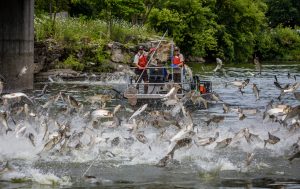
Invasive carp, which have already devastated waterways in the Mississippi River basin, pose an existential threat to the habitat and economic health of the Great Lakes, specifically the region’s $5.1 billion commercial and sport fishing industry. The U.S. Army Corps of Engineers has identified building additional structural measures at the Brandon Road Lock and Dam, near Joliet, Ill., as the most feasible way to prevent the upstream migration of invasive carp. The states of Illinois and Michigan, and the U.S. Army Corps of Engineers have provided assurances that the property secured today will be mitigated to help minimize any undue harm to the waterways adjacent to the Brandon Road Lock and Dam.



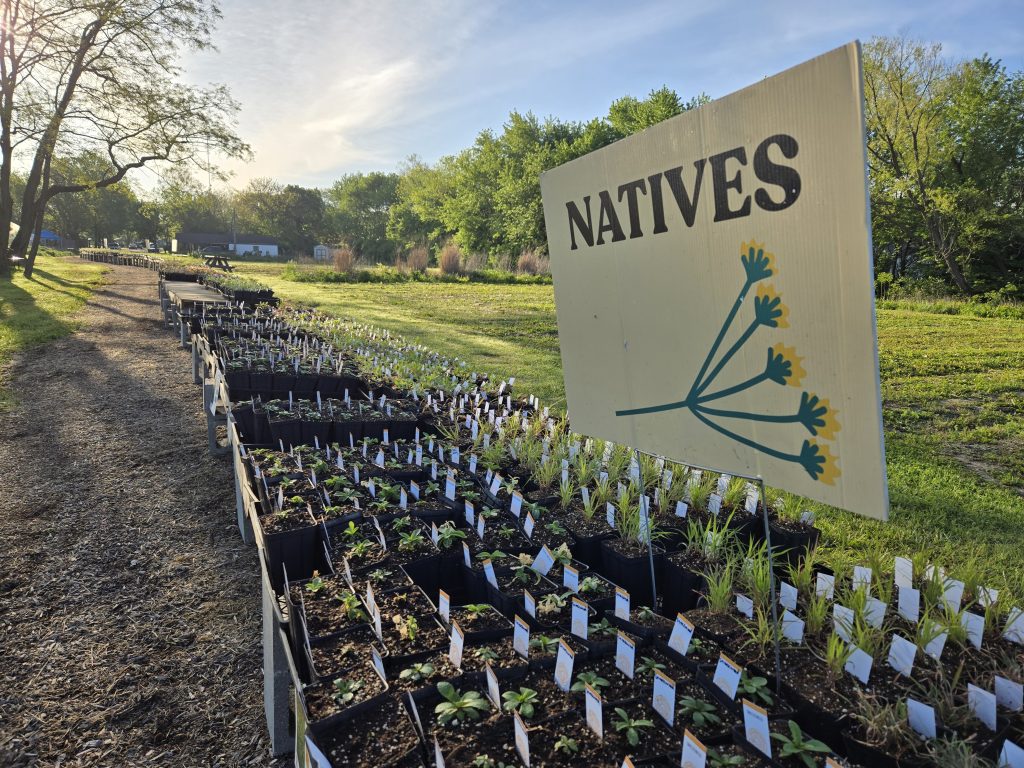
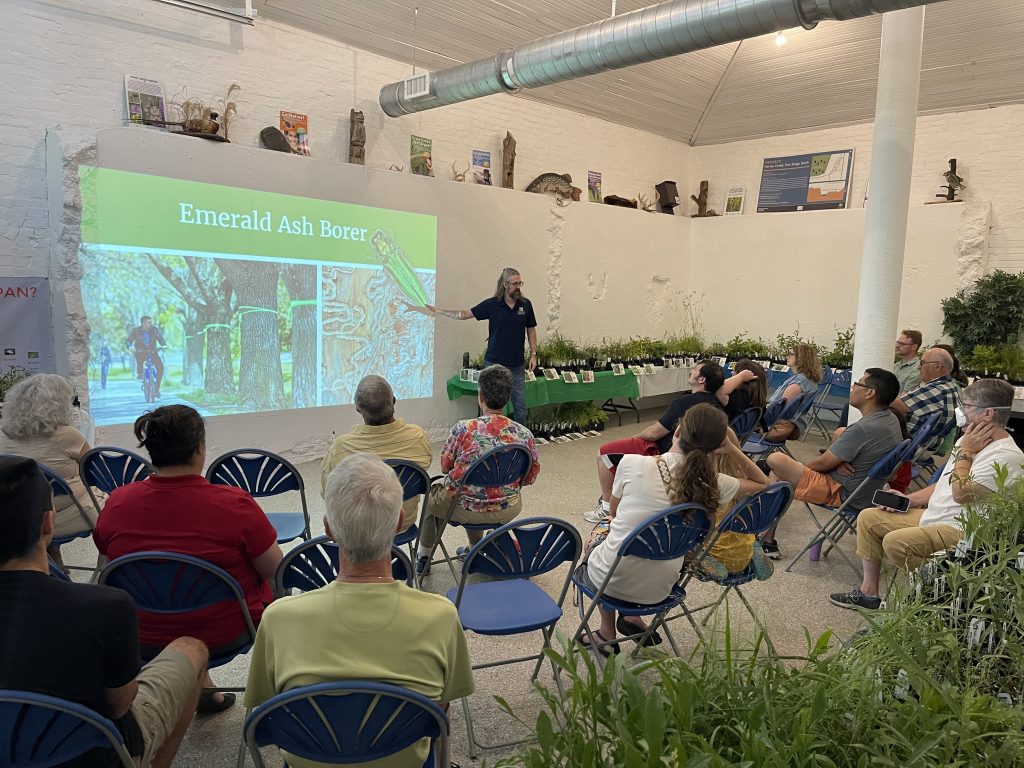
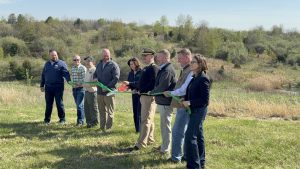
 Image by
Image by 


